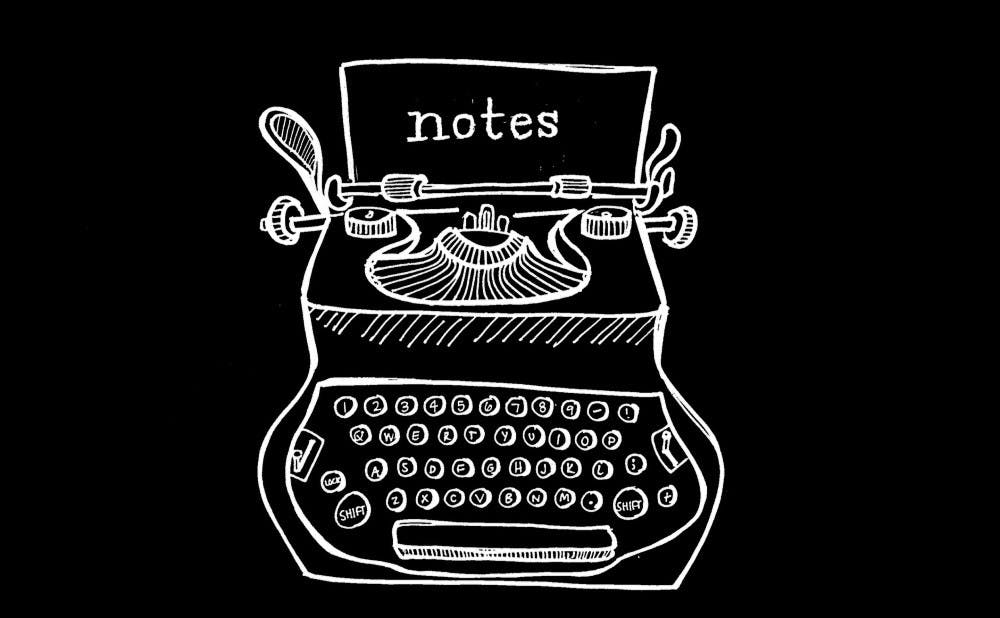I hate asking for help.
Ever since I was a very young child, I have striven for total self-sufficiency. I hated letting anyone do anything for me, even the more challenging tasks that most children reasonably could not handle alone. I was doing my own laundry by sixth grade and completing school projects and assignments independently well before then, refusing to let myself impose a burden on another person by asking for their help. Even my favorite childhood game involved me being entirely self sufficient. I pretended that I was a successful pediatrician raising two daughters by myself, which allowed me to construct a world where I was perfectly equipped to handle everything alone.
This aversion has followed me throughout my life, initially presenting itself as a positive trait that was admired and praised, (”she’s so mature and independent!”) then slowly taking a more toxic form. I never requested extra help in the classroom, even when I struggled with a concept, which would negatively impact my grades. When there was a question at work that I could not immediately answer, I would freeze and try to escape the situation, rather than ask my supervisor. I felt a constant pressure to appear perfectly competent and feared that if I ever betrayed any sign of weakness or ignorance, my facade would crack and everyone would see me as a fraud.
My time at Duke has done little to sweeten my sour relationship with help. While Duke offers a wide variety of resources — from tutoring services to help rooms for various courses, I rarely feel comfortable utilizing them. In fact, that pressure to maintain my cool, collected facade has only intensified since arriving at Duke. Oftentimes it seems that everyone is riding the tide with enviable grace while I struggle to remain afloat. I know in my heart that this isn’t the case and that everyone here is struggling to some degree, but I can’t shake the overwhelming impression that I’m an imposter who is just one misstep away from revealing her true identity.
There are buzzwords associated with these feelings — imposter syndrome, effortless perfection — but none of them quite encapsulate how intensely I fear needing help. I am still convinced that my acceptance to Duke was a mistake, as I was initially deferred before being accepted during regular decision admissions. I walk this campus feeling like an intruder, an inept trespasser who can say all the right words and take all the right classes, but who will never measure up to the truly exceptional students around me. Asking for help would just emphasize how much I don’t belong and expose my many flaws.
To compensate for my perceived shortcomings, I find myself engaged in a constant performance. I deflect attention from my mistakes with humor, trying to make people laugh so that they don’t have enough time to think too critically about my behavior. My jokes about being stressed and staying up too late and studying myself into the ground are exactly what they sound like — cries for help. But taken within the context of Duke’s academically rigorous and deeply competitive climate, these remarks are nothing more than relatable quips. I know that I am unconsciously seeking help when I make these comments, but I simply can’t find it within myself to stop performing and speak candidly about my struggles. I have spent so long trying to avoid asking for help that I genuinely don’t know how I would even start.
This year, however, I have taken steps toward the vulnerability and honesty that asking for help requires. Instead of pretending that I know the material for every class cold, I am noting any gaps in understanding and I am staying behind after lectures and discussions to ask questions. When my roommate asks if she can lend a hand and quiz me for my midterms, I accept her offer, because I understand it is coming from a place of sincere compassion, not out of an assumption that I can’t handle it myself. I am trying to unlearn the notion that I am somehow less than or inadequate for needing guidance. My acceptance to Duke was not a mistake and no one is going to doubt that, no matter how many questions I ask or how much support I need. I can drop the act, I can express how I’m feeling without turning it into a joke and I now know that I can ask for help.
Get The Chronicle straight to your inbox
Signup for our weekly newsletter. Cancel at any time.

